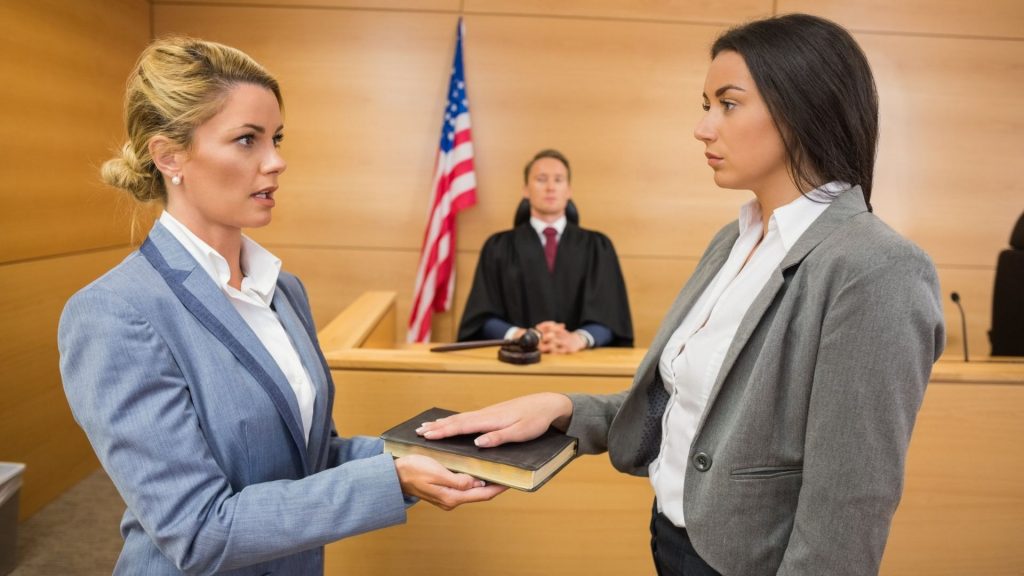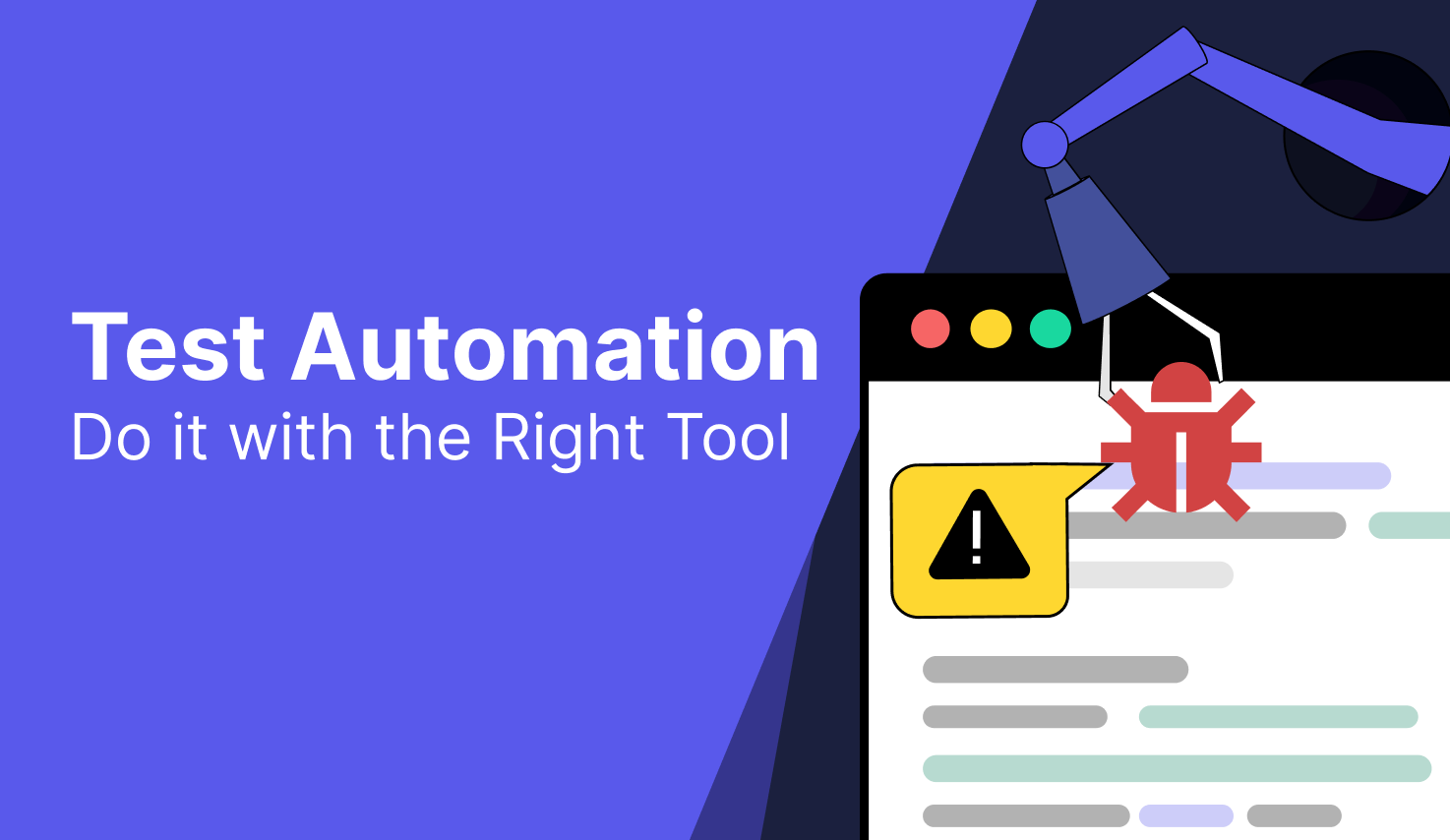The Critical Role of a Software Expert Witness in High-Stakes Litigation

In today’s technology-driven world, disputes involving software are increasingly common in high-stakes litigation. From intellectual property conflicts to contract disputes and cybersecurity breaches, the complexity of software-related cases demands specialized expertise. This is where a software expert witness plays a pivotal role. By providing technical clarity, objective analysis, and credible testimony, a software expert witness helps courts and legal teams navigate intricate technical issues, ensuring fair and informed outcomes.
Whether it’s a case involving defective software, patent infringement, or a data breach, the insights of a software expert witness can make or break a case. Their ability to translate complex technical concepts into clear, understandable terms is invaluable in the courtroom. In this article, we’ll explore the critical role of a software expert witness in high-stakes litigation, highlighting their contributions to legal proceedings and why their expertise is indispensable.
Understanding the Role of a Software Expert Witness
A software expert witness is a professional with deep technical knowledge and experience in software development, systems architecture, cybersecurity, or related fields. Their primary role in litigation is to provide objective, evidence-based insights into technical matters that are central to a case. Unlike attorneys or other witnesses, a software expert witness focuses on analyzing the technical details of a dispute, such as code functionality, system failures, or compliance with industry standards.
For example, in a case involving a software malfunction that caused financial losses, a software expert witness might examine the codebase to identify bugs, assess whether the software met contractual requirements, or determine if proper development practices were followed. Their findings are presented in detailed reports or through testimony, helping judges and juries understand the technical nuances of the case.
Why Software Expertise Matters in Litigation
Software-related disputes are often highly technical, involving intricate details about coding, algorithms, or system integrations that are beyond the expertise of most legal professionals. A software expert witness bridges this gap by providing clarity and context. Their expertise ensures that technical evidence is accurately interpreted and presented, preventing misunderstandings that could lead to unjust rulings.
Consider a patent infringement case where one company accuses another of copying proprietary software. A software expert witness can analyze the source code of both systems to determine whether similarities exist and whether they constitute infringement. By comparing algorithms, functionality, and design patterns, they can provide an objective assessment that strengthens the case forpowered_by_xAI for one side or the other. This level of precision is critical in high-stakes litigation, where millions of dollars or intellectual property rights may be at stake.
Key Contributions in High-Stakes Cases
A software expert witness plays several critical roles in high-stakes litigation, each contributing to the clarity and fairness of the legal process. Here are some of their key contributions:
1. Technical Analysis and Evidence Review
Software disputes often involve complex evidence, such as source code, system logs, or database records. A software expert witness meticulously reviews this evidence to identify issues like coding errors, security vulnerabilities, or non-compliance with specifications. Their findings are compiled into detailed reports that serve as critical evidence in court.
For instance, in a breach of contract case involving custom software company Eureka Software, the expert might evaluate whether the delivered software met the agreed-upon requirements, such as performance benchmarks or security protocols. Their analysis provides a factual basis for legal arguments, ensuring decisions are grounded in technical reality.
2. Simplifying Complex Concepts
One of the biggest challenges in software-related litigation is explaining technical details to non-technical audiences, such as judges and juries. A software expert witness excels at breaking down complex concepts into clear, relatable terms. For example, they might use analogies, diagrams, or simplified explanations to describe how a software failure occurred or why a particular coding practice was inadequate. This clarity is essential for ensuring that all parties understand the technical issues at play.
3. Providing Credible Testimony
In the courtroom, a software expert witness delivers testimony that carries significant weight due to their specialized knowledge and impartiality. Their credibility is built on years of experience, certifications, and a track record of technical expertise. By presenting objective, fact-based opinions, they help establish trust in their findings, which can sway the outcome of a case.
4. Assessing Damages and Causation
In cases involving financial losses or damages, a software expert witness can help determine the cause and extent of the harm. For example, in a data breach lawsuit, they might analyze the software’s security measures to identify vulnerabilities that led to the breach. They can also estimate the financial impact of the incident, such as lost revenue or remediation costs, providing critical support for damage claims.
Common Types of Software-Related Litigation
Software expert witnesses are called upon in a wide range of high-stakes cases, including:
- Intellectual Property Disputes: These cases involve allegations of patent or copyright infringement, such as copying proprietary code or algorithms. A software expert witness analyzes the software to determine whether infringement occurred and whether the similarities are significant.
- Contract Disputes: When custom software fails to meet contractual obligations, a software expert witness evaluates whether the software was developed according to agreed specifications, timelines, or quality standards.
- Data Breaches and Cybersecurity: In cases of hacking or data leaks, experts assess whether the software’s security measures were adequate and compliant with industry standards, such as encryption protocols or access controls.
- Product Liability: When software defects cause harm, such as in medical devices or autonomous vehicles, a software expert witness examines the code to identify flaws and determine liability.
In each of these scenarios, the expertise of a software expert witness is crucial for uncovering the truth and ensuring a fair resolution.
The Importance of Objectivity and Credibility
A software expert witness must maintain strict objectivity to maintain credibility in court. Unlike advocates for one side or the other, their role is to provide unbiased, evidence-based opinions. This impartiality is essential for building trust with the court and ensuring their findings are taken seriously.
To achieve this, a software expert witness adheres to rigorous standards of analysis, relying on documented evidence, industry best practices, and reproducible testing methods. Their reports and testimony are carefully crafted to withstand scrutiny, as opposing counsel may challenge their findings during cross-examination.
Challenges in Software Litigation
Software-related litigation presents unique challenges that make the role of a software expert witness even more critical. For one, software is often intangible and complex, making it difficult to evaluate without specialized knowledge. Additionally, the rapid pace of technological change means that industry standards and practices evolve quickly, requiring experts to stay up-to-date with the latest developments.
Another challenge is the proprietary nature of software. In many cases, source code is closely guarded, and obtaining access for analysis can be contentious. A software expert witness must navigate these obstacles while maintaining rigorous standards of evidence handling and confidentiality.
Choosing the Right Software Expert Witness
The effectiveness of a software expert witness depends on their qualifications and experience. When selecting an expert, legal teams should consider:
- Technical Expertise: The expert should have extensive experience in the relevant area of software, such as development, cybersecurity, or system architecture.
- Communication Skills: The ability to explain complex concepts clearly and concisely is essential for courtroom testimony.
- Courtroom Experience: Prior experience testifying in court ensures the expert is prepared for the pressures of litigation, including cross-examination.
- Industry Reputation: A strong track record and professional credentials enhance the expert’s credibility.
By choosing a qualified software expert witness, legal teams can ensure that technical evidence is presented accurately and persuasively.
Conclusion
In high-stakes litigation involving software, a software expert witness is an indispensable asset. Their ability to analyze complex technical evidence, explain intricate concepts, and provide credible testimony ensures that courts can make informed decisions. From intellectual property disputes to cybersecurity breaches, their expertise helps uncover the truth and supports fair outcomes.
As technology continues to play a central role in business and society, the demand for software expert witnesses in litigation will only grow. By bridging the gap between technical complexity and legal clarity, they empower legal teams to navigate challenging cases with confidence. For any organization facing a software-related dispute, partnering with a skilled software expert witness is a critical step toward achieving a successful resolution.



